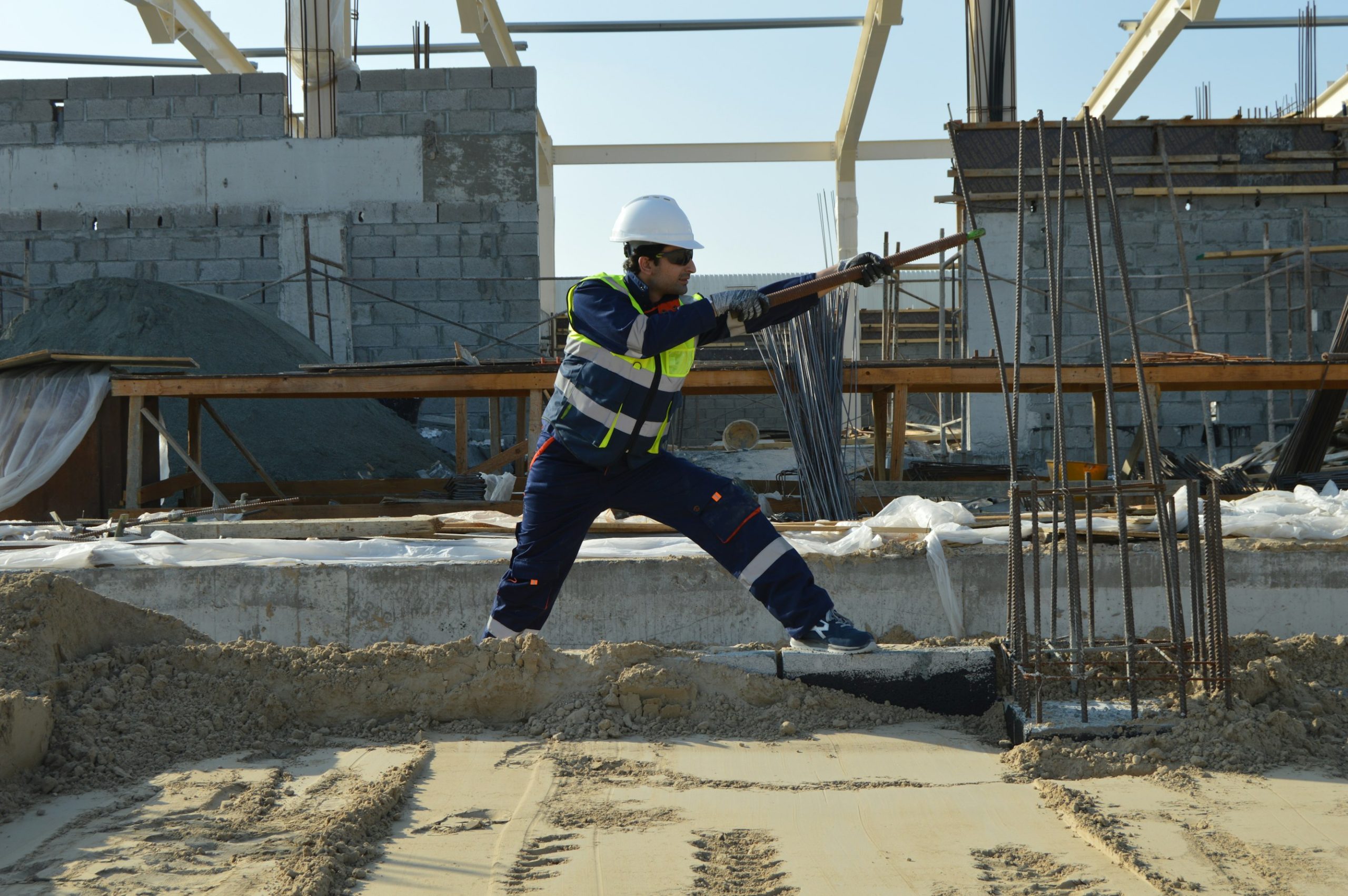Solving the Approval Delay Crisis in GCC Construction
Approval delays are a significant challenge in the GCC construction sector, impeding project timelines, inflating costs, and straining the relationships among stakeholders. With the ambition and scale of construction projects in the GCC region, these delays are more pronounced than in many other parts of the world. In this blog post, we will delve into the root causes of these approval delays, their impacts on the industry, and how Zepth, with its comprehensive construction project management software, addresses these challenges effectively.
Understanding the Approval Delay Crisis
The construction landscape in the GCC is marked by high ambition and an array of formidable regulatory challenges. Approval delays are prevalent and arise from the complexities associated with the scale of projects and the requisite compliance with evolving regional regulations and legislation. A multifaceted approach is needed to navigate this intricate landscape, as approval delays can stall projects and erode trust among stakeholders.
Primary Causes of Approval Delays
Regulatory Compliance
One of the primary causes of approval delays is regulatory compliance. Navigating complex regulations is imperative, especially with new initiatives like the Global Carbon Council’s GCC 2.0 program. Projects often require multiple reviews and resubmissions, meaning non-compliance can result in costly interruptions or even total project halts. Eventually, these dynamics lead to reputational risks for the stakeholders involved.
Design Changes
Frequent design modifications are characteristic of high-profile projects. Such changes necessitate new approvals, causing disruptions to established timelines and resulting in increased project costs. In the fast-paced world of construction, the effects of scope changes can ripple through all aspects of project management.
Permitting Process
The permitting process is notoriously slow, particularly in environmentally sensitive areas where approvals from multiple agencies can lead to an additional 18 to 24 months of delays. The overlapping jurisdictional requirements compound these issues, emphasizing the need for efficiency in securing permits.
Contractual and Coordination Issues
Studies in Saudi Arabia and Oman reveal that inconsistent documentation, misunderstandings in contracts, and poor stakeholder coordination remain central causes of delays within the construction sector. A well-coordinated approach can significantly mitigate these issues, minimizing the risk of disruption.
External Factors
External factors, including the COVID-19 pandemic, have exacerbated delays by introducing a layer of complexity that has resulted in increased legal disputes over project postponements. The world has had to adapt, and the construction sector is no exception.
Impact and Relevant Statistics
The repercussions of these approval delays are substantial. A staggering 75% of construction projects in the GCC experience significant delays linked directly to permitting and compliance issues. This not only inflates project costs but also disrupts supply chains and causes reputational damage to both contractors and clients. Legal confrontations often arise from these disputes, with common triggers being variation orders and contractual ambiguities.
Best Practices & Solutions
To effectively address the crisis of approval delays, stakeholders should implement several best practices:
- Streamlined Communication and Collaboration: Establishing a central platform for document management, real-time approvals, and transparent communication can transform project workflows.
- Proactive Stakeholder Engagement: Engaging authorities and clients early in the design and permitting processes can preemptively tackle potential regulatory and scope-related obstacles.
- Digital Transformation & Automation: Leveraging construction project tracking software to automate approval workflows and monitor compliance milestones is essential. Digital dashboards and automated alerts can facilitate timely responses to requests.
- Data-Driven Decision Making: Utilizing construction analytics can help identify bottlenecks, forecast potential delays, and optimize approval schedules.
- Change Management: Implementing formal change request processes ensures that every alteration is properly documented and routed for approval efficiently.
- Preventing Internal Delays: Adhering to Delay and Disruption Protocols and evaluating delays cumulatively is crucial for avoiding disputes among parties.
- Training & Capacity Building: Regular updates on changing regulations and compliance standards, particularly regarding sustainability, contribute to improved project outcomes.
Innovations & Emerging Practices
Innovations in the construction domain are crucial for improving the approval process. For example:
- AI and Machine Learning: These technologies can predict approval bottlenecks and automate compliance checks, making the approval process more efficient.
- BIM Integration: Building Information Modeling can facilitate collaborative design reviews, expediting regulatory acceptance.
- Cloud-Based Platforms: Mobile-accessible platforms enhance collaboration among site teams, remote offices, and authorities, thereby minimizing reliance on physical paperwork.
How Zepth Can Help
Zepth’s integrated construction project management software is uniquely adapted to address approval delays in the GCC market. Key features include:
- Centralized document management for all approval-related records.
- Customizable workflows that automate routing and notifications for each approval stage.
- Real-time dashboards offering visibility into pending approvals and compliance status.
- Collaboration tools connecting project managers, consultants, regulatory authorities, and subcontractors to reduce miscommunication.
- Robust analytics that provide actionable insights into delay patterns and process efficiencies.
The solution leads to shorter approval cycles, reduced rework costs, and improved compliance, directly tackling the delays affecting GCC construction projects.
Use Cases
Zepth’s tools are relevant for various scenarios, including:
- Mega-Project Delivery: Giga-projects with multinational stakeholders utilize Zepth to track multi-stage regulatory approvals and resolve document variations quickly.
- Sustainable Buildings: Projects pursuing green certification leverage digital workflows to document compliance with carbon standards efficiently.
- Government Infrastructure: Public works streamline interdepartmental approvals to prevent stalling at critical milestone phases.
Conclusion
Addressing approval delays in the GCC construction sector mandates a combination of digital workflow automation, proactive stakeholder engagement, and effective document management. By leveraging platforms like Zepth, construction firms can eliminate bottlenecks, alleviate administrative burdens, and ensure timely project delivery. The integration of innovative features into project workflows not only enhances operational efficiency but also aligns the sector with emerging trends and compliance requirements.




